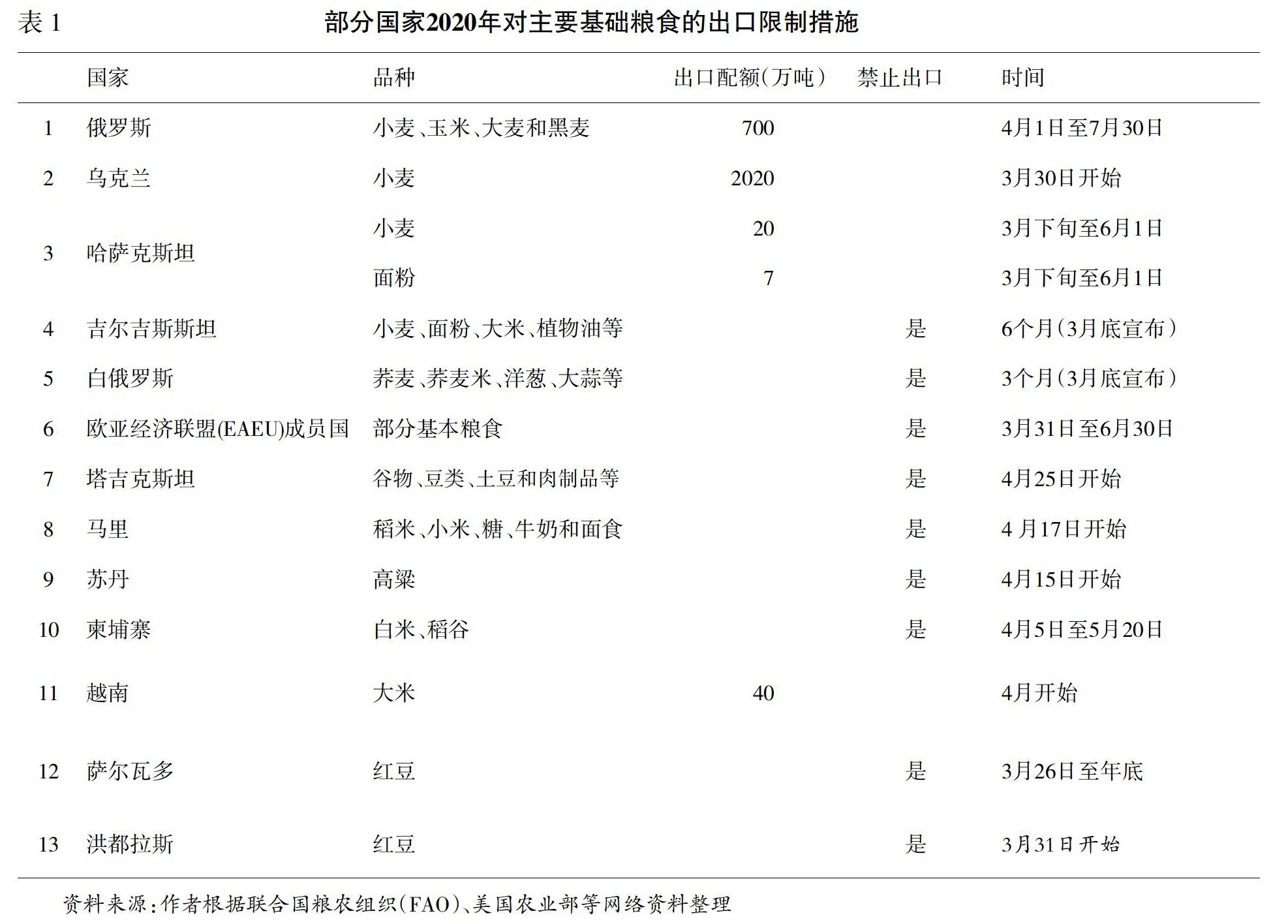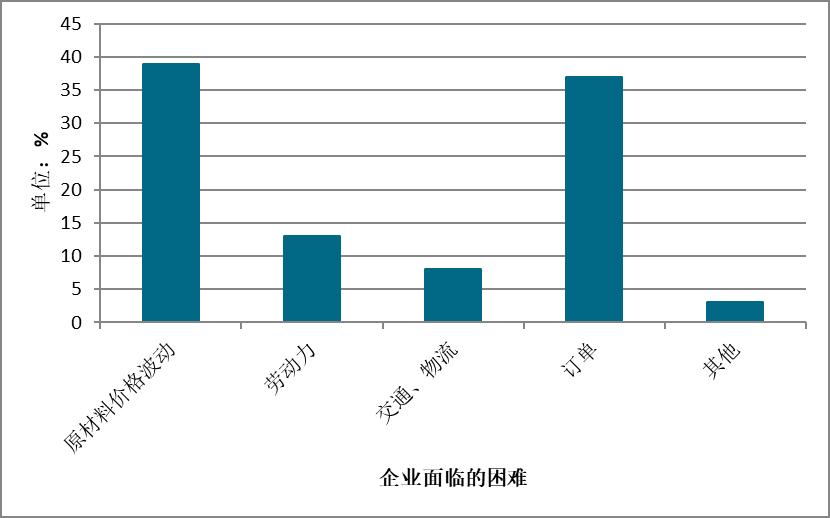Introduction
The COVID-19 pandemic, caused by the novel coronavirus SARS-CoV-2, has reshaped the global landscape in ways unprecedented in modern times. This viral outbreak has not only posed a significant threat to public health but has also triggered economic upheaval, social unrest, and a reevaluation of our collective understanding of interconnectedness and vulnerability. This article aims to provide a comprehensive overview of the COVID-19 pandemic's global impact, highlighting key developments, challenges faced, and the strategies employed by nations and international organizations to mitigate its effects.
The Pandemic's Outbreak and Early Responses
The first cases of COVID-19 were reported in December 2019 in Wuhan, China. Initially, the virus spread locally within China before gaining international attention in early 2020. The World Health Organization (WHO) declared the outbreak a Public Health Emergency of International Concern (PHEIC) on January 30, 2020, and later, on March 11, 2020, officially labeled it a pandemic.
Early responses were characterized by a mix of confusion, panic, and rapid learning. Governments implemented travel restrictions, quarantine measures, and testing protocols to contain the virus's spread. However, the sheer velocity of the virus's transmission and the lack of initial testing capacity in many countries led to a patchwork of inconsistent responses.
Global Health Impact
The pandemic has taken a heavy toll on global health systems. As of [insert current date], the COVID-19 pandemic has infected over [insert current number] million people worldwide and claimed over [insert current number] thousand lives. The virus has disproportionately affected older adults and those with pre-existing health conditions, highlighting the need for equitable access to healthcare resources.
The pandemic has also exposed weaknesses in global health infrastructure, particularly in low- and middle-income countries where healthcare systems are often underfunded and understaffed. These countries have struggled to procure vaccines, medical supplies, and implement effective public health measures due to economic constraints and limited international assistance.
Economic Impact
The economic fallout from the pandemic has been profound. The International Monetary Fund (IMF) estimates that the global economy contracted by 3.5% in 2020, the worst annual decline since the Great Depression. Governments worldwide have implemented massive fiscal stimulus packages to cushion the impact on their economies, including direct payments to citizens, increased spending on healthcare, and measures to support small businesses and industries.
However, these measures have come at a cost, with public debt levels surging in many countries. The World Bank predicts that it will take years for many economies to fully recover from the pandemic's economic shocks. The informal sector, comprising small businesses and self-employed workers, has been particularly hard hit, with millions of jobs lost or at risk.
Social and Psychological Impact
The pandemic has also had far-reaching social and psychological consequences. Lockdown measures have disrupted education, leading to learning losses for millions of children worldwide. The disruption of routine and social interactions has contributed to feelings of isolation, loneliness, and mental health issues such as anxiety and depression. The pandemic has also exacerbated existing inequalities, with some communities experiencing higher rates of infection and worse outcomes due to inadequate access to resources and information.
The stigma associated with COVID-19 has led to discrimination against those who have recovered from the disease or those from certain ethnic or racial backgrounds, further exacerbating social tensions. The need for mental health support services has never been more urgent, yet many countries struggle to provide adequate resources due to financial constraints and a lack of awareness among policymakers and the public.
Vaccination Efforts and Global Cooperation
The development and distribution of COVID-19 vaccines have been a crucial turning point in the pandemic's trajectory. In record time, scientific research broke new ground, with multiple vaccines being developed and approved for emergency use by regulatory agencies around the world. However, the distribution of these vaccines has been marred by inequities, with high-income countries securing most of the available doses early on while low-income countries struggle to get their first shipments.
The COVAX facility, a global initiative aimed at ensuring equitable access to vaccines for all countries, has faced challenges in securing sufficient funding and supply. The disparity in vaccine distribution highlights the need for greater global cooperation and solidarity among nations.
Strategies for Mitigation and Recovery
To mitigate the pandemic's impact further and facilitate a sustainable recovery, several strategies have been proposed and implemented:
1、Enhanced Global Cooperation: Countries must work together to share information on new variants, medical technologies, and best practices for containing the virus's spread. This includes increasing vaccine production capacity globally and ensuring equitable distribution.
2、Investment in Health Infrastructure: Governments should invest in strengthening their healthcare systems by improving access to testing, treatment, and vaccination services. This includes investing in public health education and promoting healthy lifestyles to enhance community resilience against future pandemics.
3、Economic Stimulus Packages: Governments must continue to implement fiscal measures that support businesses, workers, and vulnerable populations while ensuring that these measures do not lead to unsustainable levels of debt. This includes supporting small businesses through grants or loans and providing social protection for those affected by job losses or reduced income.
4、Digital Solutions: The pandemic has underscored the importance of digital technologies in managing public health crises. Governments should leverage technology to improve disease surveillance, contact tracing, and vaccination management while ensuring privacy protections for individuals' data. Digital platforms can also be used to deliver education and mental health services remotely during lockdowns or other restrictions on movement.
5、Building Resilience: Communities must be equipped with the resources they need to withstand future shocks caused by pandemics or other crises. This includes promoting community-based solutions that foster resilience through education, training programs for essential workers, and disaster preparedness plans that include healthcare facilities.
转载请注明来自爬爬百科,本文标题:《全球疫情新视界,新冠病毒疫情的全球影响与应对策略英文报道》












 京ICP备11000001号
京ICP备11000001号
还没有评论,来说两句吧...